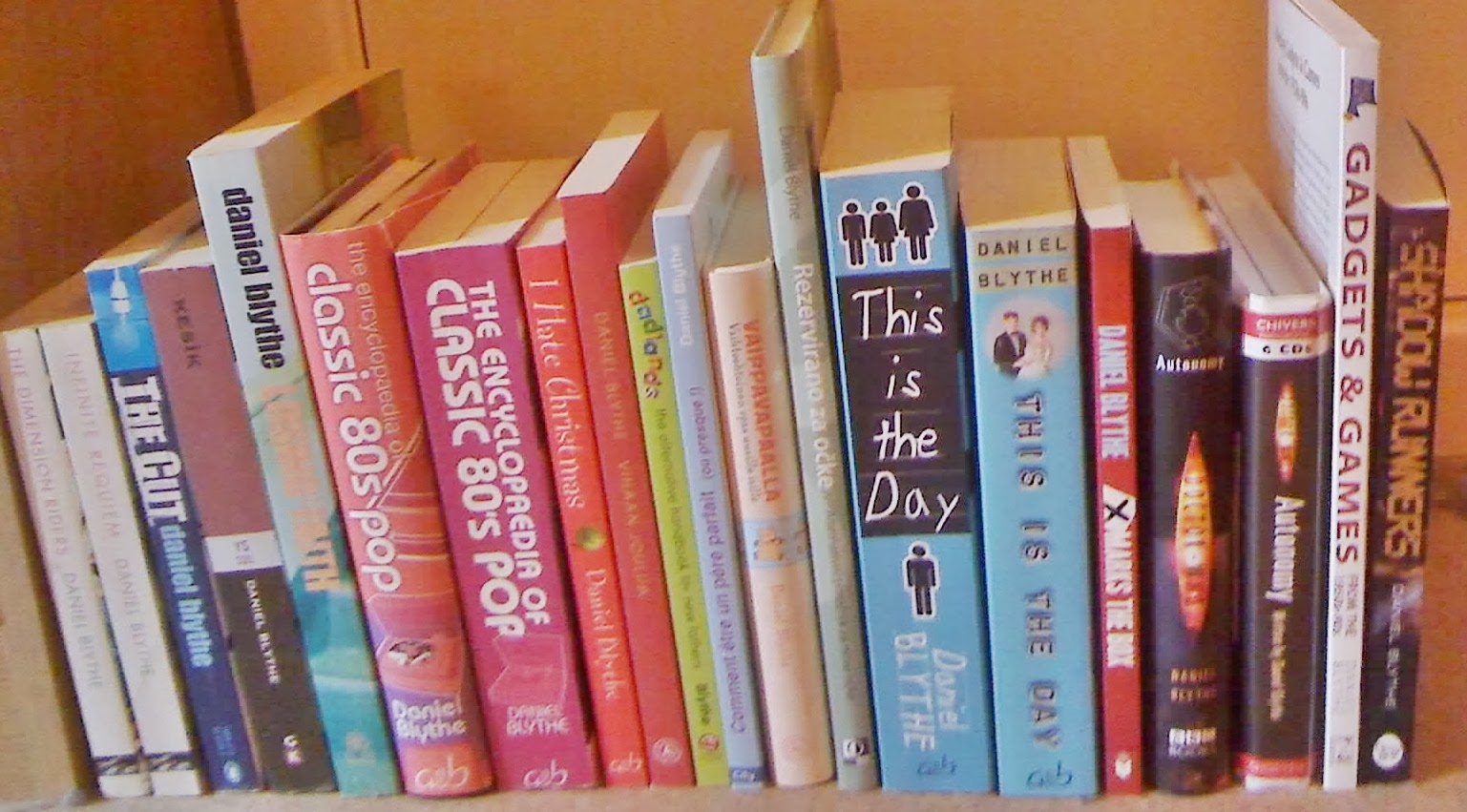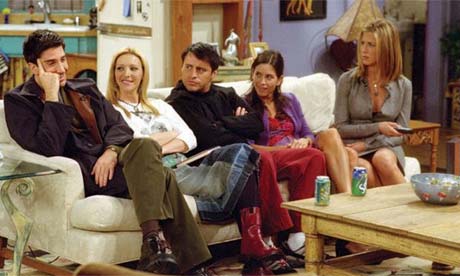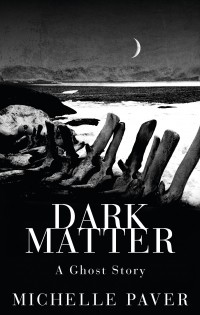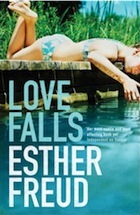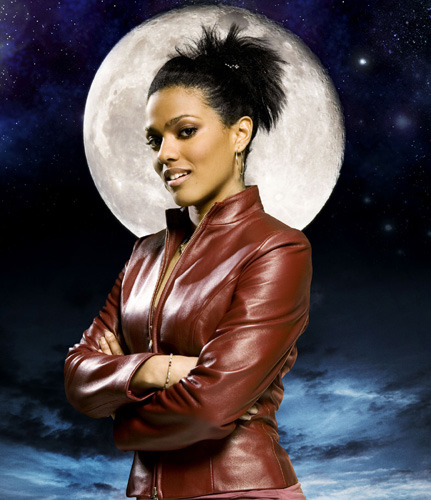We had been lucky enough to get much-sought-after tickets by going for the penultimate show in the run, which I thought would be a less popular night than the opening few. I was terrified in the few days running up to the event that one of my usual minor ailments (broken tooth, blocked ears) was going to prevent me from getting there - and would have prevented my friend and fellow Kate fan Steve from going in too, as I had our tickets! But all was well in the end.
It was really one of the most extraordinary things I have seen on a stage. Anyone expecting a valedictory 'greatest hits' performance would have been disappointed - she didn't even do three of her half-dozen Top 10 songs. (Well, she didn't do 'Don't Give Up', either, but I wasn't expecting that.) But it wasn't about that, and so there was no disappointment in the Hammersmith Apollo - just a lot of love, awe and admiration. The focus of the evening was to be a dramatic, musical presentation of the two Kate albums which could be said to be almost narrative poems, two pieces of work twenty years apart: The Ninth Wave from the flipside of 1985's Hounds of Love, and A Sky of Honey, the second CD of 2005's double album Aerial. The first is an intense 7-song cycle depicting the hallucinatory experiences of a woman almost drowning in icy water after a shipwreck, while the second is a modern-day symphony expressing the changing moods of a single day in the countryside from dawn through to night-time and the next morning, and a reflection on the challenge of capturing this in any form of art.
The concert was divided into four distinct parts, opening with Kate coming on stage with band and singers for what looked like a conventional rock gig, drenched in blue light and with the guitars turned up, if not quite to 11, then certainly to a rockier level than one might have expected. Crowd-pleasing moments included a storming 'Hounds of Love' and 'Running Up That Hill', at which point a young man six rows in front of us leapt up and danced as if at a rave. We didn't begrudge him his fun, really, although he was almost exactly in front of us and we had to crane to either side to see Kate! (At various points throughout the night, the audience got to its feet and gave spontaneous ovations, but then respectfully sat down again and listened to - and, just as importantly bearing in mind what was to come, watched - what was going on. This was rather as I imagined it might be.)
The third part was mainly based on the second disc of Aerial, which I have always found difficult - but I appreciate it a lot more now! Digital images (birds, sunsets etc.) combined with conventional stage scenery, puppetry and moody lighting to create the feel of passing time, recreating and re-interpreting the album's 24-hour timescale. The climax of the 'Aerial' song itself, where she sings about going up on the roof and, um, turns into a rather scary blackbird (or was it a crow?) was very powerful and unsettling and weird! Then she finished with an encore, which involved her sitting down at the piano and performing not an obvious song but the lesser-known 'Among Angels' from the 50 Words For Snow album, and ending with a crowd-pleasing 'Cloudbusting' with the full band.
So, well worth it and very memorable - more like theatre than a traditional music concert. I loved it, and if I had any mild disappointments at all it would be the self-indulgence of the Aerial section in places (but if you go and see Kate Bush and don't allow her to be self indulgent, you're in the wrong place!). One might question the wisdom of giving her son Bertie, lovely chap that he appears to be, a full 4-minute solo, but there you are... nobody seemed to mind that much. Altogether it was well worth it, with a very contented audience vanishing into the night, and I hope the rumours of more Kate concerts in the future turn out to be true. The word 'genius' is over-used in the rock world, having been applied to everyone from McCartney to Eminem, but surely in Kate's case it is not hyperbole. There can rarely have been a live concert which was such a complete expression of an artist's creative concept, combining music, theatre, lighting, sound, staging, choreography and set design in perfect holistic vision.
Although, next time, 'The Man With The Child In His Eyes' would be lovely, please, Kate...
Footnote - I also managed while in London to go and take a peek at the new Foyles - a thing of glass and light and beauty with books arranged very creatively. I hope it starts a high street bookselling renaissance. (I had to navigate my way through the mess that Tottenham Court Road/Oxford St/Soho has become, though - when will that vast redevelopment ever be finished?)
